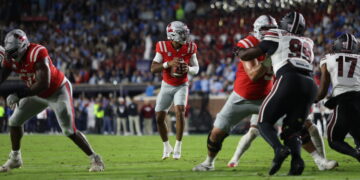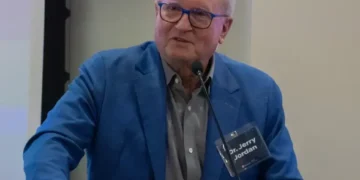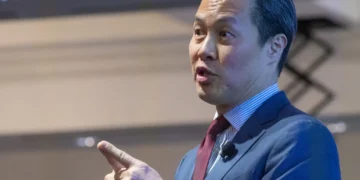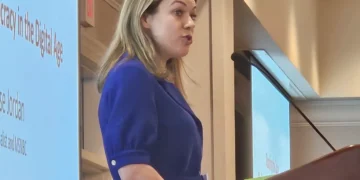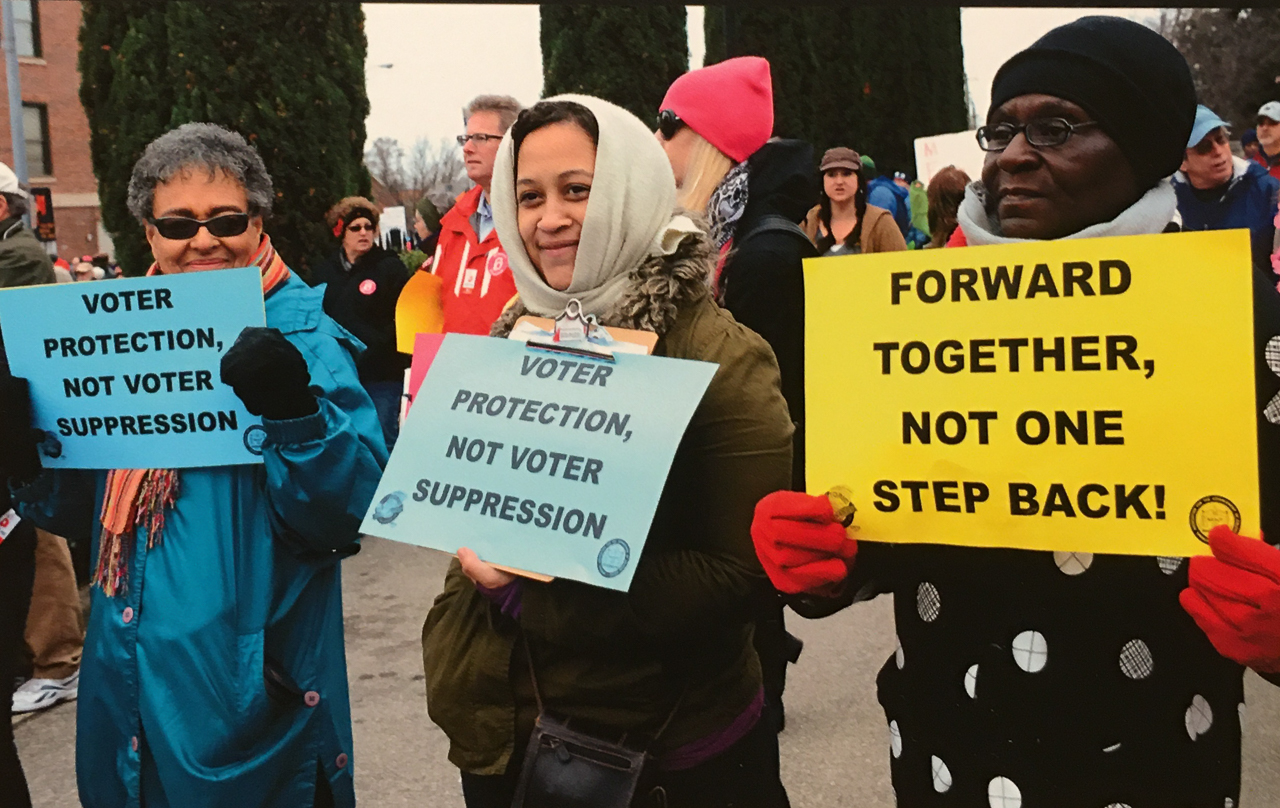
Mississippi has a long and violent history of voter suppression, dating back to the post-Civil War Reconstruction period. While the state has progressed from the Jim Crow era of voting policies, vestiges of it are still present today in the legal system.
Mississippi lacks pro-voter programs such as early voting, no-excuse absentee voting and online voter registration, which some say contributes to Mississippi’s extremely low voter turnout, which is one of the lowest in the country.
State Rep. Cheikh Taylor, chair of the Mississippi Democratic Party, believes it is up to elected officials to motivate Mississippians to vote.
“Elected officials have to start giving policy that you feel — not just appropriating money — but it has to be done in a way that we can feel it in our homes,” Taylor said. “That is what inspires, in my opinion, people to go vote.”
Along with the absence of pro-voter programs in the state, Mississippi is one of only three states to enforce lifelong voting bans on formerly incarcerated felons. The felony disenfranchisement law is a relic of the Jim Crow era.
In the Mississippi Constitution, the law states that any person convicted of a felony loses voting rights unless restored by a two-thirds vote of both chambers of the Legislature or by a gubernatorial pardon. The list of crimes that constitutes a felony affects nearly 1 in every 10 adults in Mississippi.
In August, the 5th U.S. Circuit of Appeals stated that the lifelong voting ban on some felons was unconstitutional because it violated the 8th Amendment’s prohibition on cruel and unusual punishment.
Rep. Taylor agrees that the court ruling was extremely unconstitutional.
“Once you’ve paid your debts to society, you should not be constantly and persistently penalized whether you have a felony or not,” Taylor said.
Rep. Karl Gibbs, a Democrat, feels strongly about restoring voting rights for people who were formerly incarcerated. Similar to several critics of the disenfranchisement law, Gibbs agrees that Mississippi resembles the 1960s with the voting tactics hindering Black voices.
“Mississippi is a Republican state and until it goes Democrat, you will continue to have the same problems,” Gibbs said.
Ole Miss students also find voter obstruction in Mississippi to be a huge concern.
Ashlee Simone, a sophomore biochemistry major, feels that it is ridiculous to strip voting rights away from people who were formerly incarcerated and that it disproportionately impacts Black people.
“The majority of felons are Black. The majority of Black people get the harsher sentences, so you’re taking away the majority of a Black person’s vote,” Simone said.
Simone is a first-year member in the Black Student Union and campus chapter of the NAACP. She firmly believes that enfranchising felons could turn the tide politically for Democrats in Mississippi.
“Let’s just be frank, Mississippi is a red state. I’m not saying that will change, but if felons are given the right to vote, it could possibly change.”
Sophomore psychology major Razavier Davis is not sure what to make of the disenfranchisement law.
“There are many people that make bad decisions, but that shouldn’t exactly exempt them from being able to exercise their right to vote,” Davis said.
Davis has been an active member of the BSU for a year. He believes that voter obstruction, specifically the felony disenfranchisement law, does result in less of the Black population voting. He also believes that it only worsens the situation for already disenfranchised people.
“Laws like this one aren’t exactly helping the situation, but making it worse because people who may want to change for the better can’t even do so because they’re being stripped of that right and opportunity,” Davis said.














